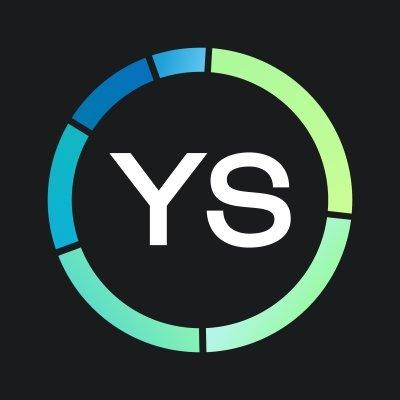Invest in fractionalized fine wine collections and rare spirits
Invest in private market alternatives
Moderate Risk
3/5
Investing with Vint carries inherent risks, including market volatility and economic fluctuations that can impact the value of wine and spirits collections. The lack of a secondary market further increases risk by limiting early exit opportunities for investors.
Moderate Risk
3/5
Yieldstreet investments, focused on high-yield, specialty lending, carry inherent risks higher than traditional investments, primarily due to the potential for borrower default.
Minimum Liquidity
1/5
Vint currently does not offer a secondary market for the trading of interests in its wine and spirits collections, which means that investors generally lack immediate liquidity options.
Minimum Liquidity
1/5
Yieldstreet's investments are generally less liquid, meaning they cannot be quickly sold for cash. These private market alternatives often require longer holding periods.
Receive new reviews from Fintorial
High Return
28.7 %
Vint has achieved a net annualized return of 28.7%, calculated from realized exits of its investment offerings, reflecting the aggregate average performance of the platform's assets under management.
Moderate Return
9.6 %
The expected net annualized return (IRR) for investors on Yieldstreet is 9.6%.
Long-term Investment
1-3 years
Vint's investment time horizon for its collections spans 1 to 3 years on average.
Short-term Investment
6+ months
Yieldstreet's investments span time horizons from as brief as 6 months to as long as 5 years.
Who can invest
United States
Investment opportunities with Vint are open to accredited investors, who must satisfy certain SEC-mandated financial criteria.
Who can invest
United States
Yieldstreet is open to U.S. persons with a valid TIN, U.S. bank account, and U.S. mailing address. Non-accredited investors can access the Alternative Income Fund, while single asset investments require accredited investor status verification.
Moderate Volatility
3/5
The wine and spirits market experiences volatility, which can lead to rapid changes in the value of Vint's collections.
Moderate Volatility
3/5
Assets on Yieldstreet, being alternative investments, often show different volatility compared to traditional markets, potentially offering less correlation with broad market swings.
Regulation and audits
SEC Regulated
Vint adheres to SEC regulations by providing offering circulars for public investment and undergoes regular audits to maintain financial transparency and regulatory compliance.
Regulation and audits
SEC Regulated
Yieldstreet is regulated and undergoes regular audits for compliance. Its partnership with Synapse Brokerage LLC, an SEC-registered broker-dealer and FINRA and SIPC member, ensures adherence to strict financial regulations.
Insurance
Yes
Vint's investment assets are professionally stored and fully insured, with a strategic focus on location, primarily in the UK and additional facilities in the US, to align with potential sale markets.
Insurance
Yes
Funds in the Yieldstreet Wallet are insured up to $250,000 by the FDIC, with deposits between $250,001 and $1 million spread across multiple FDIC-insured banks for extended coverage.
Payouts
No Recurring Payouts
Vint does not issue regular dividends; returns are generated from the sale of assets at a gain.
Payouts
Dividends
Yieldstreet offers varied dividend or interest payment structures: fixed income investments provide monthly payments at a target yield, diversified portfolios offer quarterly target yields, and art investments yield returns upon sale, all subject to specific terms and potential annualized net returns.
Withdrawals
Investors receive funds from Vint after a collection is sold and proceeds are distributed, less any applicable fees.
Withdrawals
Investors on Yieldstreet receive distributions directly into their Yieldstreet Wallet and can withdraw these funds to their bank account as desired.
Extra Fees
Yes
Vint applies a transaction fee of 2.85% on both the purchase and sale of wine shares, encompassing costs for acquisition, storage, insurance, and selling. Additionally, there is a spread fee of 1.5% applied to the transactions of wine shares.
Extra Fees
Yes
Yieldstreet's fees include a range from 0% to 2.5% annual management fees, structured notes incur a 1.25% annual management fee plus a $150 annual fund expense, the Yieldstreet Alternative Income Fund charges a 1.0% annual management fee and up to a 0.5% annual administrative expense.
Taxes
Tax Form
After a collection sale, Vint issues pro-rata proceeds to shareholders and provides a 1099-DIV for tax reporting, prioritizing the settlement of any liabilities first.
Taxes
Tax Form
Yieldstreet issues either a K-1 or 1099 form for tax purposes, based on the legal structure of the investment, with details provided on the offering page and in downloadable documents when new offerings are launched.

